Former Sri Lankan President Ranil Wickremesinghe offered a bold vision for the future of the Indian Ocean region, emphasizing its growing geopolitical and economic importance.
Addressing the 8th edition of the Indian Ocean Conference in Oman, Wickremesinghe outlined the region’s transformation into a global center of power, underscoring the necessity for cooperation and strategic planning to harness its vast potential.
Wickremesinghe began by highlighting the historical significance of Oman and Sri Lanka within the Indian Ocean civilization, recalling the naval victories of the Omani navy over the Portuguese and Sri Lanka’s own triumphs on land, where warriors, including elephants outfitted in armor, played pivotal roles. He expressed his gratitude to the Omani government for its hospitality and praised the India Foundation for its efforts to foster maritime partnerships across the region.
The speech shifted toward the changing dynamics in the global order, particularly in the context of the Indian Ocean’s growing economic significance. Wickremesinghe pointed out that Asia’s rise has been central to the prosperity of the United States, beginning with the “Pivot to Asia” under President Clinton and continuing through the Obama administration. He noted that the economic power of nations surrounding the Indian Ocean, such as India, Indonesia, and Saudi Arabia, is expected to surge, with India and Indonesia projected to be among the world’s largest economies by 2050.
However, Wickremesinghe also warned that the future of the region hinges on its ability to adapt to geopolitical shifts. Noting China’s increasing influence in the Indian Ocean through initiatives like the Belt and Road Initiative (BRI), he acknowledged the significant role China plays in reshaping the global power landscape. The BRI, along with China’s expansion into the Indian Ocean through strategic ports, signals a shifting balance of power in the region.
Despite the challenges posed by these shifts, Wickremesinghe remained optimistic about the region’s potential. He pointed to the vast undersea resources, including untapped reserves of cobalt, and the strategic importance of maritime trade routes. The Indian Ocean handles half of the world’s crude oil, and 50% of global oil and natural gas reserves are located within its boundaries.
He also discussed the ongoing development of critical infrastructure projects, particularly in the Bay of Bengal and Makran coast, where nations like India and Sri Lanka are enhancing connectivity through ports like Gwadar and Chabahar. The region, he said, is becoming a key economic sub-region, with the potential to drive global growth in the coming decades.
Yet, Wickremesinghe was careful to caution that these developments must be accompanied by robust governance frameworks to ensure peace, stability, and sustainable growth. The former Sri Lankan President emphasized the need for greater economic integration among the littoral states and for enhanced cooperation in areas like climate change, fisheries management, and disaster response. He stressed the importance of India’s role as a “net security provider” and underscored the necessity of transparent management of maritime resources, including undersea cables and hydrographic surveys.
Looking ahead, Wickremesinghe argued that India will be a dominant force in the Indian Ocean by 2050, with the country’s navy poised to rank as the third-largest in the world. He also noted that the region must address emerging security challenges, such as the potential spillover of conflicts from the Pacific and the role of UK assets in the AUKUS agreement.
In a call for unity, Wickremesinghe suggested that the region’s countries should consider forming a cohesive bloc, similar to the political and economic alliances formed in the past. He also cited the unifying power of cricket, culture, and shared colonial histories as potential tools for fostering deeper regional ties.
“The Indian Ocean is part of our collective destiny,” Wickremesinghe concluded, echoing the sentiments of the Minister’s Council meeting in Bengaluru in 2011. “It is time for us to act. We need a summit of the littoral states’ heads of government to address the critical issues facing the Indian Ocean. We must move toward a high-level center for the Indian Ocean, positioning ourselves for a prosperous and influential future by 2050.”
Former President Wickremesinghe’s speech set the stage for a broader dialogue on the future of the Indian Ocean, signaling that the next few decades will be pivotal in shaping the region’s place in the global order.
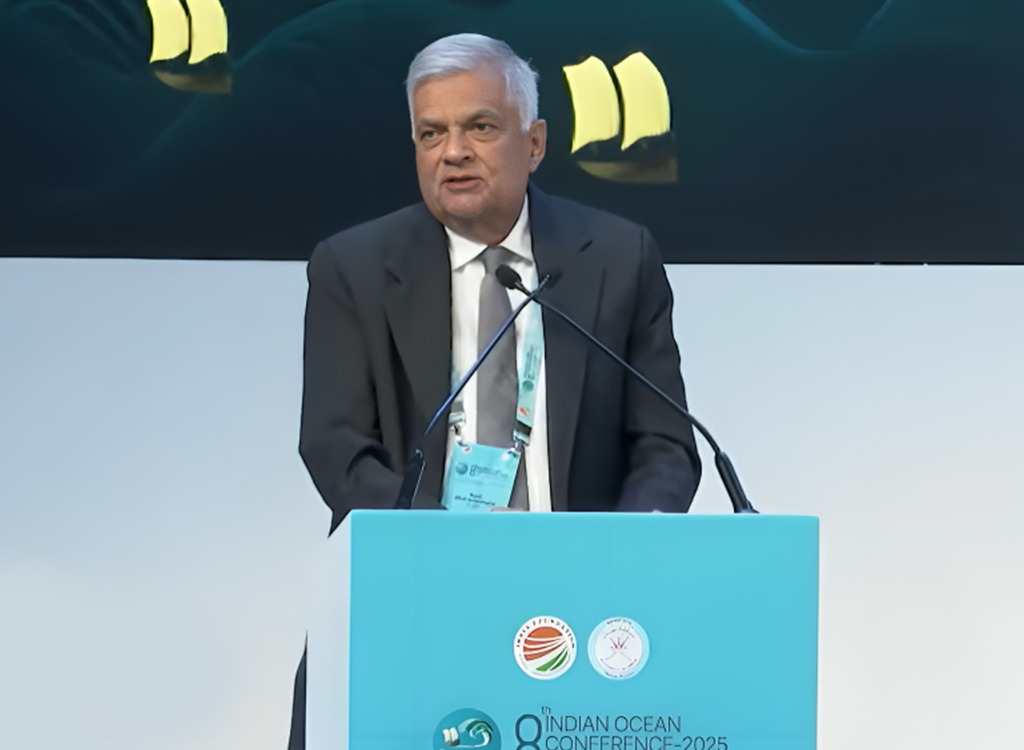

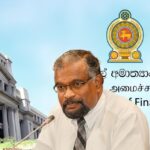





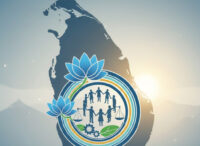
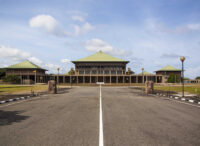
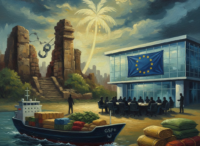
Leave a comment